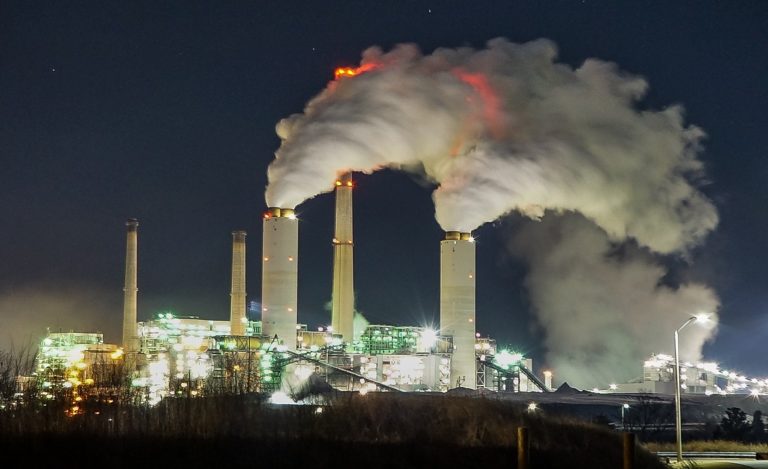
Emboldened by a President who denies climate change and appointed an ExxonMobil executive as our Secretary of State, Congressional leadership is planning to fast-track a massive and dangerous energy bill: S.1460, the Energy and Natural Resources Act of 2017. While the United States needs a visionary overhaul of its energy infrastructure, this bill doubles down on fossil fuels and further endangers our beautiful and fragile planet.
Rather than embrace a future of renewable energy, this bill would lock in our dependence on fossil fuels for decades to come, directly undermining the global effort to stave off the worst effects of climate change. The science is clear: we can no longer pursue fossil fuel energy sources and must rapidly transition to a clean energy economy. In light of the current administration’s overt efforts to make it easier for the fossil fuel industry to pollute our air and water, it is more important than ever that Congress resist efforts to increase fossil fuel production and the buildout of polluting infrastructure that will lock us into fossil fuels for decades.
S.1460 would, in part:
- Speed approval of exports of Liquefied Natural Gas (LNG) despite overwhelming opposition from climate scientists and American manufacturing companies.
- Make the Federal Energy Regulatory Commission (FERC) the lead agency in federal authorizations for natural gas projects, saying all other agencies must give “deference” to FERC. It would also require that all authorizations be issued within 90 days of a complete application.
- Hamstring state processes and give more power to the federal government by requiring states to comply with deadlines established by FERC. One example is the authority states have to consider applications for Clean Water Act permits.
- Authorize millions of dollars for research into recovering methane hydrates, a dangerous new source of methane trapped under the ocean floor.
- Establish a coal technology program to ensure the “continued use of the abundant, domestic coal resources of the United States.”
Shockingly, the bill’s “Renewables” subtitle simply ignores solar and wind power. In addition, the bill includes hydropower as a “renewable” energy despite decades of evidence that damming rivers destroys habitats and valuable ecosystems that house biodiversity and make landscapes resilient.
No energy legislation is better than bad energy legislation that uses taxpayer dollars to dam our rivers and increases our dependence on dirty fossil fuel production. Federal funding should advance energy efficiency to reduce water use and pollution while building on successful policies to expand clean energy sources such as solar and wind.
Please call your Senators today and ask that they be a voice for clean energy and demonstrate real leadership in leaving fossil fuel dependence in the past:
“My name is [YOUR NAME] and I live in [YOUR STATE]. I urge you to oppose S.1460, the Energy and Natural Resources Act of 2017, which would double down on our dependence on fossil fuels. I ask that you instead focus on transitioning our country to a clean energy economy. Expediting the build-out of fossil fuel infrastructure takes us in exactly the wrong direction at a time when we must urgently transition to a low-carbon economy. Building LNG export terminals leads to expanded fracking and pipeline construction across this country. Encouraging investment in fossil fuel infrastructure makes it more difficult to transition away from the dirty fossil fuels that pollute water and fuel the climate catastrophe, rather than moving us towards a more sustainable energy future. Investing research money in more coal and methane development and ignoring solar and wind energy as renewable energy is a slap in the face to future generations.
Please stand up for a clean energy future and model the leadership we need in transitioning to a just, clean energy economy.”
[CongressLookup show=”senator”]